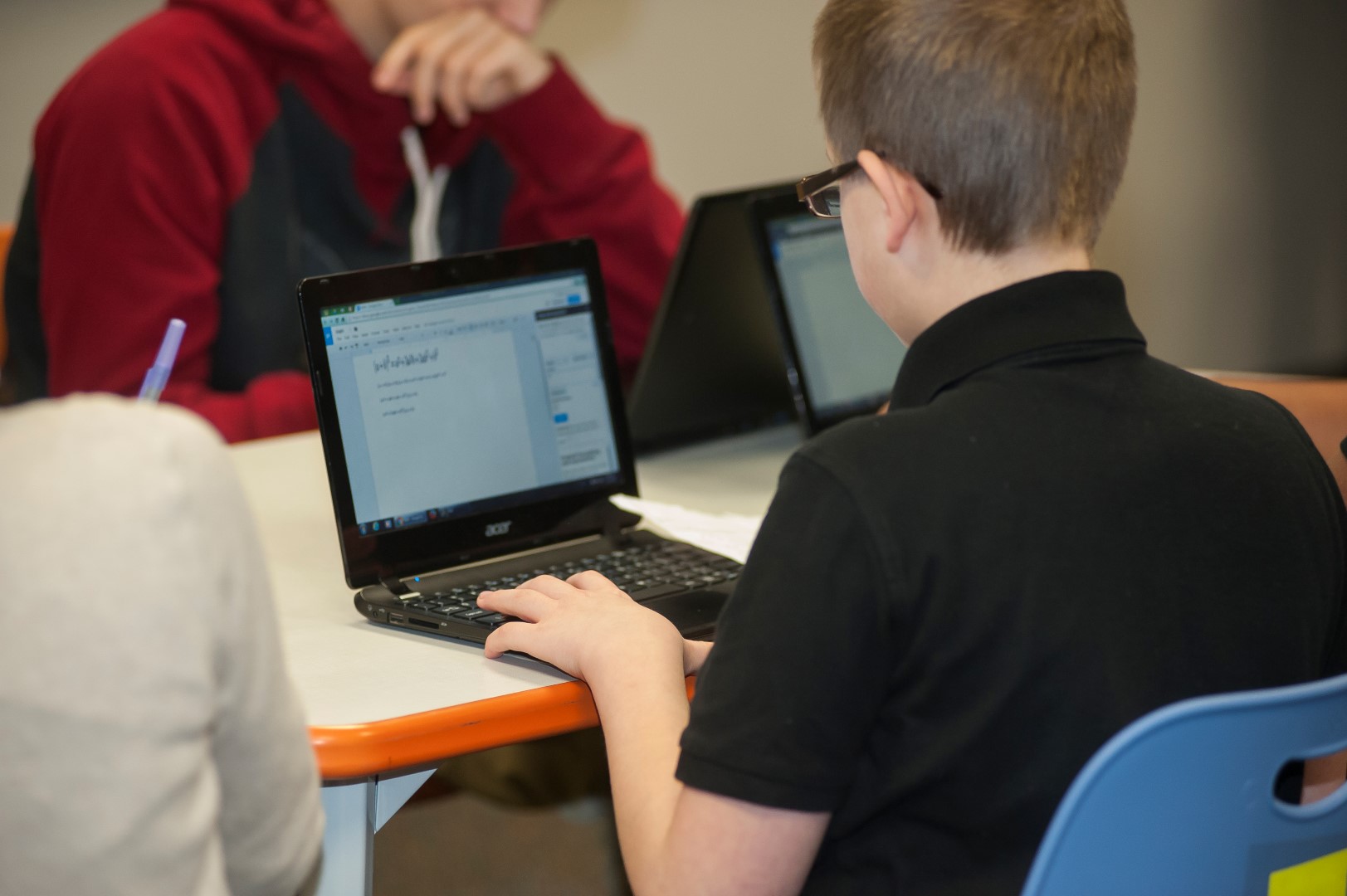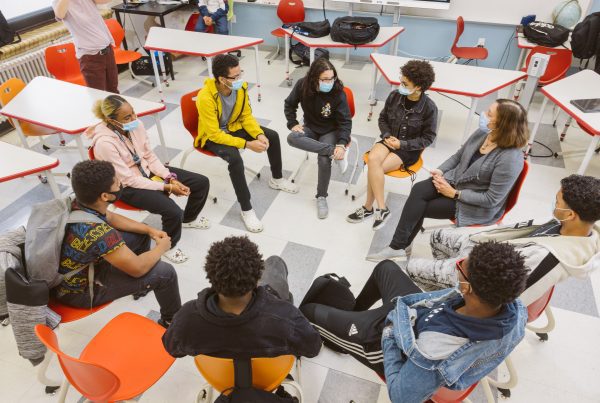There are two questions that I have thought about often and deeply over the last 5 years while trying to create an innovative school model. The first is asked by every student at least once in their educational career (and by my own middle school and high school children more often than I would like), “Why do I have to learn this or when am I ever going to use this?”
The other has been asked by teachers, especially in secondary school, since we started challenging traditional mindsets about the purpose of school, “But what about my content? Doesn’t content matter?”
When put together, it is easy to see why there is a disconnect between teaching and student engagement.
Teacher: “I have all of this content knowledge that I must transfer to your brain.”
Student: “But why? When am I ever going to use that and why does it matter?”
The battle over content is ever-present and ongoing. Does content matter? And if so, what content actually matters?
The short answer is, of course content matters! We developed the Building 21 Competency Framework aligned to national standards that focus on transferrable skills that can be applied across students of all ages and in all contexts for learning. Using this approach, teachers can design meaningful and engaging learning opportunities around relevant content, which becomes the context for demonstrating growth and progress on the competencies. You cannot demonstrate the skills of a competency without deeply engaging in content. For example, if you want to understand the relationship between the past and current issues today, you have to dive deeply into the content related to an issue or event, analyzing primary source documents and multiple perspectives as part of your investigation.
But not all content matters to all students; the days of following a one-size fits all textbook are gone. So the question remains, what content do students need to learn in school and why?
There is no simple answer to that question. Yes, it is nice to know things, and it is fun to know the answer to lots of trivia questions, but simply knowing stuff is not helpful if we can’t use it. And we live in a world where if we need to learn something we don’t know, we can access that information in seconds. But without content, what is learning?
So, yes, content matters, but not as much as you probably think and not for the sake of the knowledge itself. Content matters when it is relevant to our lives or something we are passionate about. Content matters when it helps us to make connections, see patterns, identify themes, and understand issues from multiple perspectives. Content matters when we are trying to solve problems and discover new solutions. Content matters when we are trying to keep from repeating the same mistakes and when we need our past to help us understand the present. Content matters when we seek to be a force for social good and need historical and societal context to do so. And content matters when we are seeking the truth, a concept that seems elusive in our society today.
That being said, offering students access to rigorous content is a must, and this lack of access is contributing to the widening achievement gap. Part of personalization is offering different paths to specialize in content acquisition and not just one track to get there. Students who are passionate about a subject area should have multiple paths to access specific content and higher-level opportunities so that they are properly prepared with the prerequisite experiences necessary for the postsecondary opportunity of their choosing.
Maybe the question to ask isn’t what content matters, but how do I make content matter? As you are designing your learning experiences, don’t wait for your students to ask you, why does this matter? Ask yourself, why am I teaching this? How is this relevant to my students? How can I help them make connections and want to engage deeply with this content? How will they be able to apply their learning to the world we live in today? It is through the relationships that we build with our students that we help them learn what matters by teaching what matters. And perhaps the most important thing to remember is that we are not teachers of content, but teachers of students.
Resources for Further Reading:



